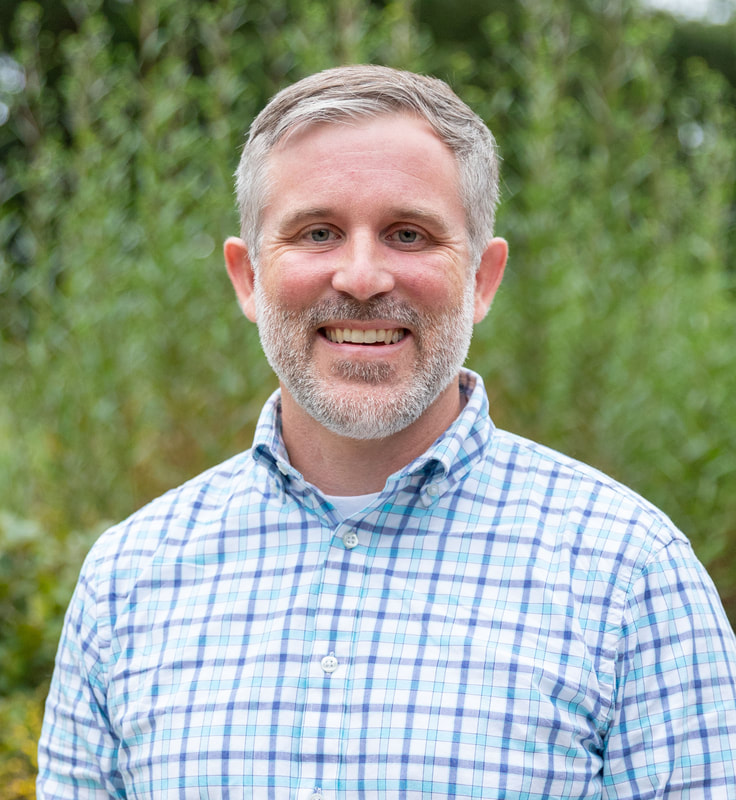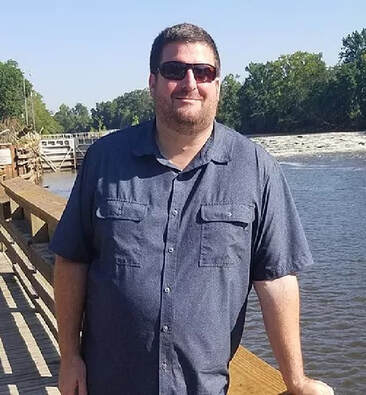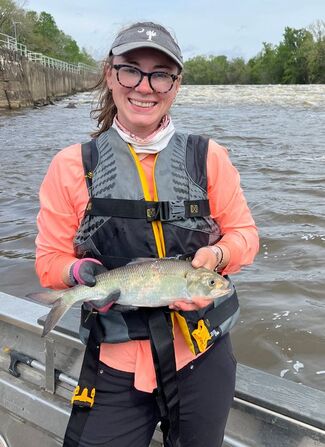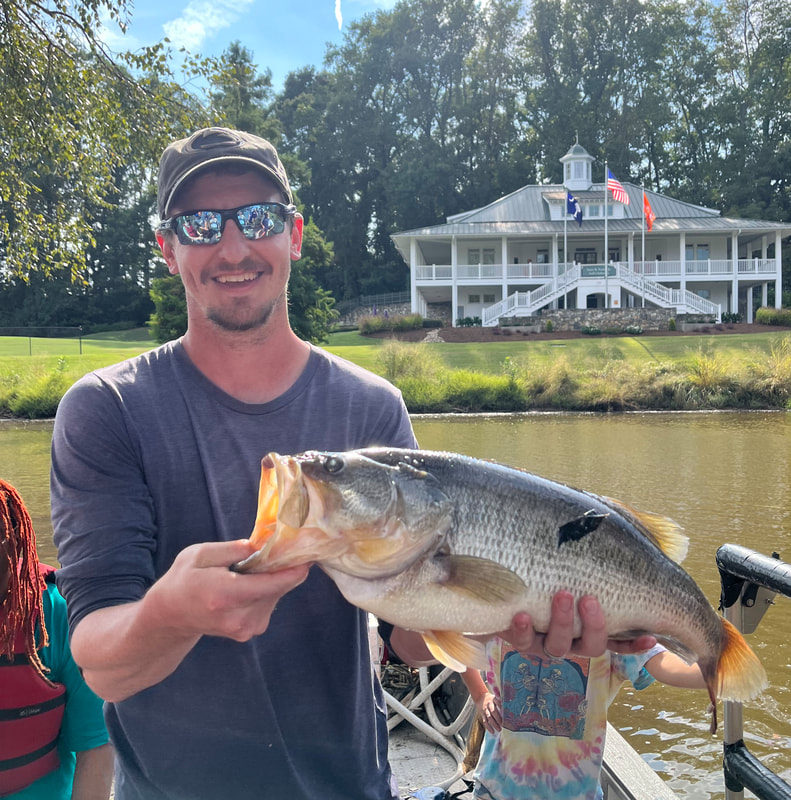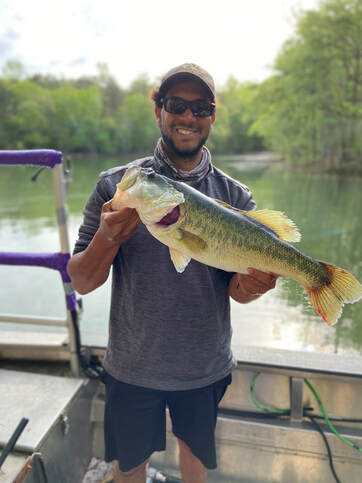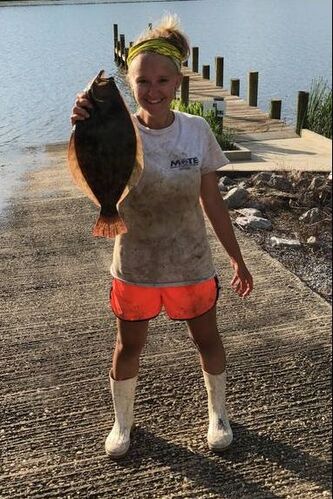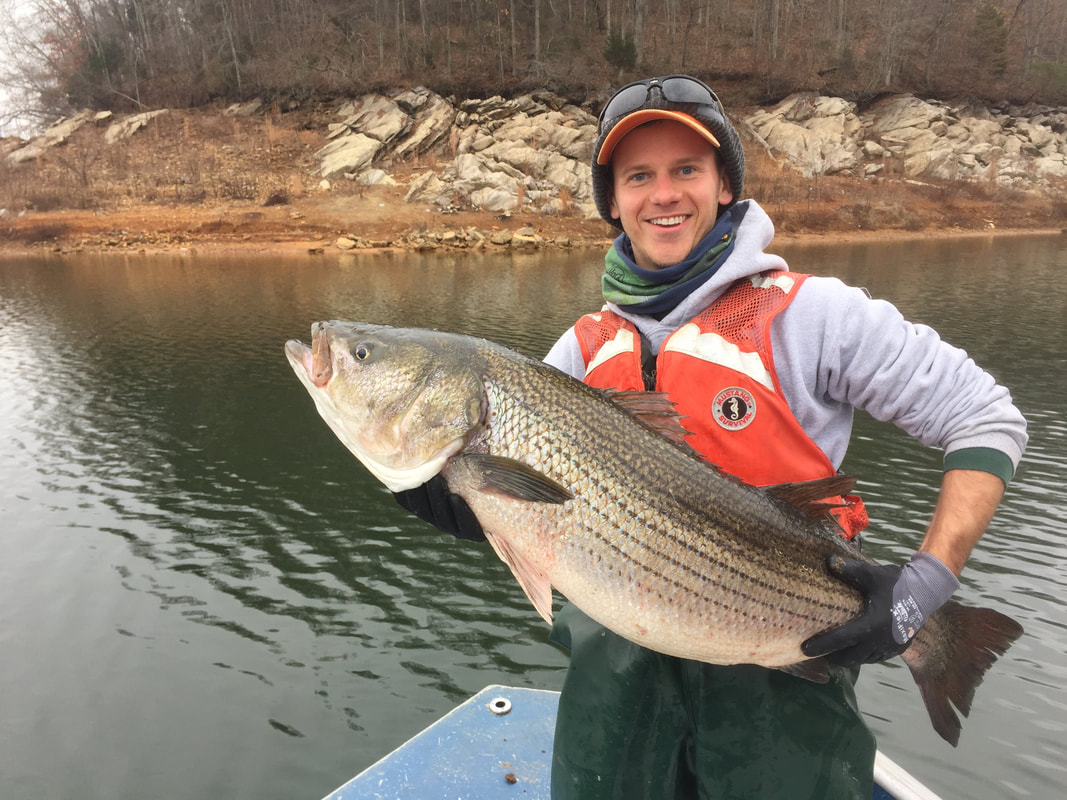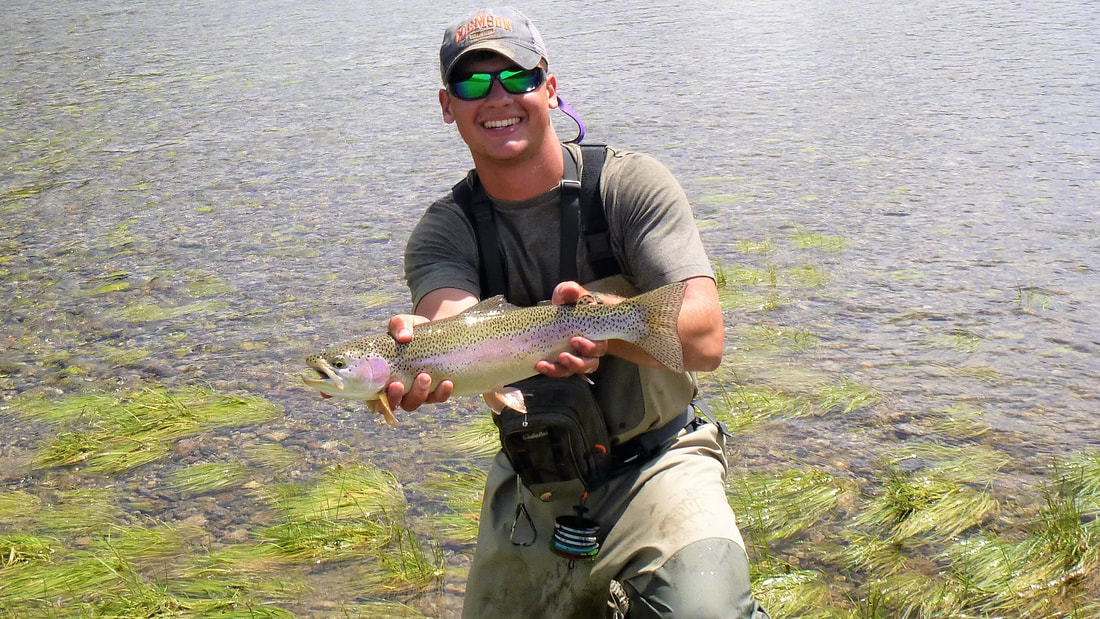|
Troy Farmer, PhD
Assistant Professor of Fisheries Ecology Originally from Pelham, Alabama, Troy completed his BS and MS at Auburn University where he worked at the Ireland Center for Fisheries Research with Dennis DeVries and Russell Wright. Troy earned his PhD in the Aquatic Ecology Laboratory at The Ohio State University working with Stuart Ludsin and Elizabeth Marschall. After completing his dissertation research Troy worked as a post-doctoral fellow with Matt Catalano in the Quantitative Fisheries Lab in the Auburn University School of Fisheries, Aquaculture, and Aquatic Sciences. An overarching goal of Troy's research is to generate novel ecological knowledge that can inform applied management needs. Along these lines, much of his research has focused on understanding how ecological stressors (i.e., climate change, hypoxia [O2 < 2 mg/L, aka “dead zones”], salinity exposure) and management actions (i.e., habitat enhancements, stocking, harvest regulations) affect fish populations, and subsequently, impact management of aquatic resources. View Troy's Google Scholar page View Troy's ResaerchGate Page View Troy's CV below.
| |||||||
|
Aaron Bunch
PhD Student View Aaron's personal website View Aaron's ResearchGate page View Aaron's Google Scholar page Aaron completed his B.S. in Fisheries & Wildlife Sciences at N.C. State University and his M.S. in Fisheries & Aquatic Sciences at the University of Florida working with Dr. Mike Allen. Prior to starting his PhD work at Clemson, Aaron worked as the Tidal Rivers Project Leader with Virginia Department of Game & Inland Fisheries, a Regional Fish Program Manager and Colorado River Research Supervisor with Arizona Game & Fish Department, and as a Fisheries Technician with North Carolina Wildlife Resources Commission. Aaron's dissertation research will use novel acoustic telemetry approaches and emerging quantitative techniques to study diadromous fish passage in coastal rivers of the Carolinas. Results of Aaron's research that evaluates the effectiveness of new structures and environmental flows on fish passage success with the goal of informing management efforts aimed at enhancing diadromous fish passage in coastal rivers. Maggie Gaither MS Student Maggie completed her B.S. in Biology at the University of South Carolina. After graduating Maggie worked as a Fisheries Research Technician for the South Carolina Department of Natural Resources, where she worked on a wide diversity of fisheries projects across the state. Maggie's MS research project focuses on American Shad fish passage on the Cape Fear River, working closely with PhD student Aaron Bunch, Dr. Fred Scharf at UNC Wilmington, and collaborators with the North Carolina Nature Conservancy, NC Wildlife Resources Commission, and the U.S. Army Corps of Engineers, Wilmington District. Maggie's MS project works closely with The Sustainable Rivers Program a collaborative effort of the The Nature Conservancy and the U.S. Army Corps of Engineers (USACE) to sustainably manager our nation's rivers and ecosystem services they support. Specifically, Maggie project is aimed at evaluating how environmental flows generated by the USACE Wilmington District and Cape Fear Sustainable Rivers Program affect passage of American Shad at three historical lock and dams on the Cape Fear River. Jessie Kriner MS Student Jessie earned a B.S. in Fisheries Biology from Mansfield University of Pennsylvania. After graduation, he worked in Thailand for four months on shrimp aquaculture with the World Wildlife Fund. After returning from Thailand, he worked with Georgia Department of Natural Resources and the North Carolina Wildlife Resources Commission. He has experience in warm-water aquaculture, cold-water aquaculture, and pond and lake management. At Clemson University, Jessie serves as the Facility Manager for the Cherry Farm Aquatic Research Laboratory, part of the CAFLS Piedmont Research and Extension Center. Jessie recently began an MS research project focused on the ecological effects of habitat enhancement in freshwater ecosystems. When not working on research projects, Jessie enjoys spending time with his wife and family, hunting, fishing, and spending time with his two dogs. |
|
Deon Kerr
Former MS Student Currently with North Carolina Wildlife Resources Commission Deon completed his B.S. at Bowling Green State University where he worked as a student research assistant in Dr. Jeff Miner's lab studying larval walleye diel vertical migrations in Lake Erie and assisting on a variety of research projects. Prior to arriving at Clemson Deon also completed an internship with the Ohio Department of Natural Resources, Division of Wildlife working in the Lake Erie Fisheries Research Unit in Sandusky, Ohio. Deon's MS research focused on understanding habitat selection by native Largemouth Bass and non-native Alabama Bass in Lake Hartwell, SC. Ultimately, Deon's research aimed to inform future South Carolina DNR habitat enhancement efforts in Lake Hartwell. Read Deon's completed MS Thesis here. Meghan Angelina
|
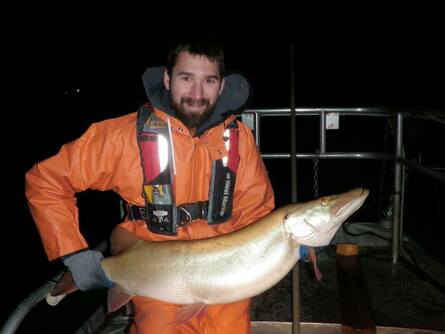
John Cannaday
Former M.S. Student
Currently with New York Sea Grant
John attained a B.S. in Wildlife Sciences and Fisheries and Aquatic Sciences at Purdue University. After graduating he worked for fish hatcheries in Alaska, an anadromous fish marking program in Idaho, and pond management in the Midwest. John has spent the last two years working as a technician at Ohio State University evaluating channel catfish stocking practices in Ohio reservoirs. He is interested in how climate change is and will continue to impact aquatic ecosystems. John’s MS research examined the impact of climate change on egg quality and recruitment success in southern Yellow Perch. Currently, John is working with New York Sea Grant. Read John's completed MS Thesis here; and his publication in Ecology of Freshwater Fish here.
Former M.S. Student
Currently with New York Sea Grant
John attained a B.S. in Wildlife Sciences and Fisheries and Aquatic Sciences at Purdue University. After graduating he worked for fish hatcheries in Alaska, an anadromous fish marking program in Idaho, and pond management in the Midwest. John has spent the last two years working as a technician at Ohio State University evaluating channel catfish stocking practices in Ohio reservoirs. He is interested in how climate change is and will continue to impact aquatic ecosystems. John’s MS research examined the impact of climate change on egg quality and recruitment success in southern Yellow Perch. Currently, John is working with New York Sea Grant. Read John's completed MS Thesis here; and his publication in Ecology of Freshwater Fish here.
Jared Chrisp
|
Mason Collins
|
Proudly powered by Weebly
